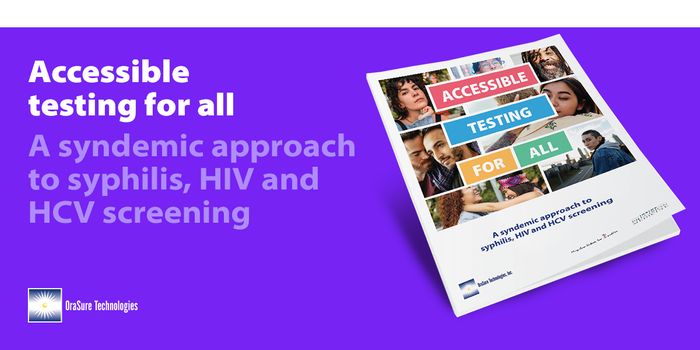Recognizing Dementia as a Risk Factor for COVID-19
Dementia is a cluster of neurological symptoms characterized by an impaired ability to remember, make decisions, and perform activities of daily living. Demographically, it most frequently impacts the elderly and is characteristically not a part of normal aging. Dementia is quite common, and according to the Centers for Disease Control and Prevention, it is estimated that nearly 14 million adults will be diagnosed with dementia by 2060. Dementia has a variety of causes ranging from poor cardiovascular health to poorly understood genetic influences. It has been observed that pre-existing dementia can lead to adverse health outcomes in patients diagnosed with COVID-19. Given the prevalence of dementia, it is essential to understand the impact of such a condition as it relates to COVID-19.
A systematic review and meta-analysis published in October 2020 examined how co-morbid dementia impacts the frequency of COVID-19 infection and clinical outcomes in this population. The review included ten articles detailing the results of both cohort and case-control studies. Although the results of this review are significant, some limitations included confounding risk factors and variation within the study population. Nevertheless, results demonstrated that patients with dementia are more likely to experience poor health outcomes related to COVID-19 infection. Additionally, patients with dementia are more at risk of contracting the disease itself.
Those with dementia are already at an increased risk of hospitalization, and the level of isolation required to prevent disease spread can sometimes be challenging in a nursing home setting. The above analysis strongly suggests the need for tailored risk stratification of this vulnerable group and early triage to ensure adherence to isolation procedures. Healthcare providers must be vigilant of this group’s increased risk of poor outcomes and deliver the highest level of patient advocacy during this difficult time.
Sources: CDC, Journal of Alzheimer’s Disease









